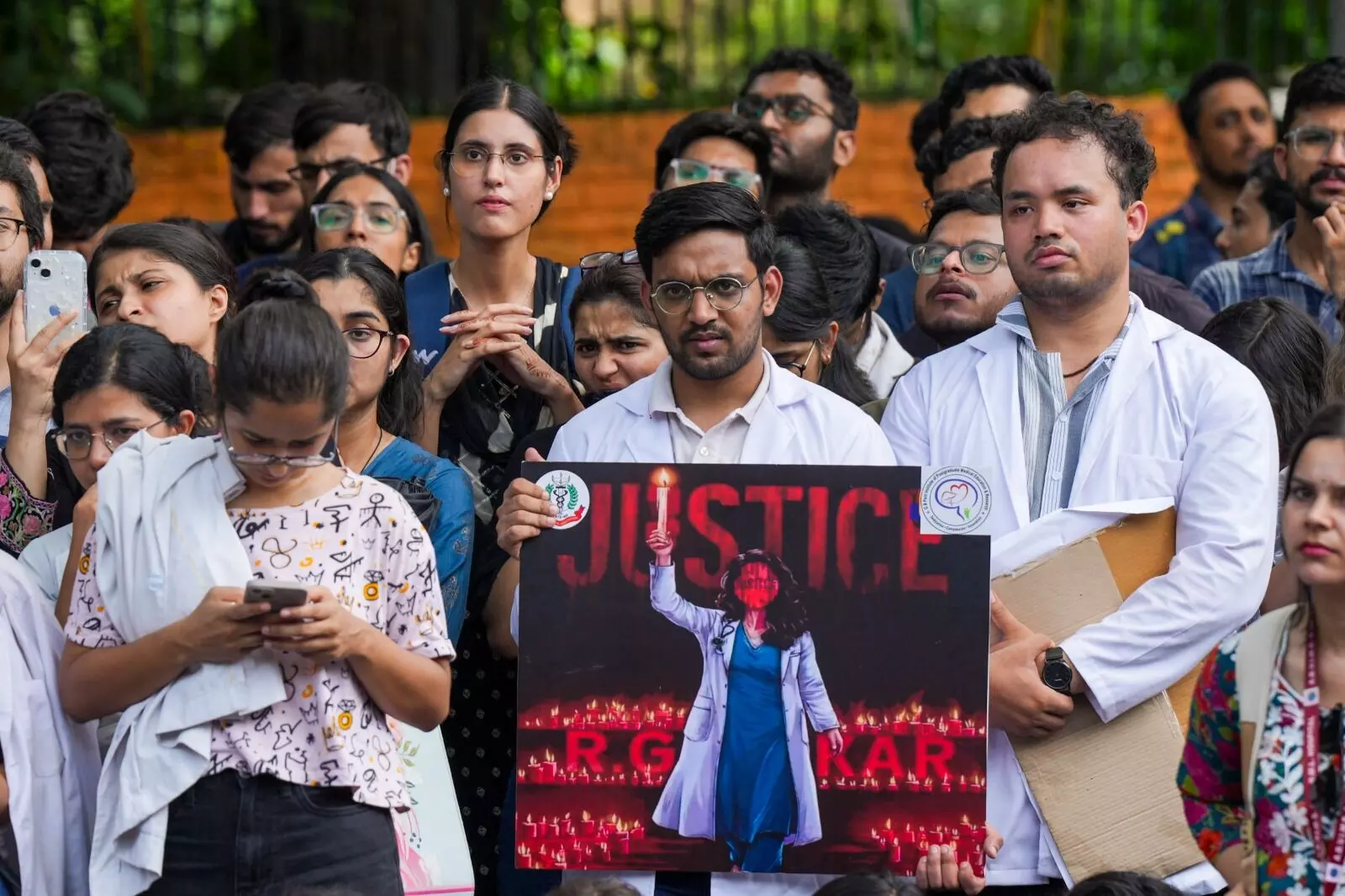A relieving buffer

Finally, after around six weeks of demonstration, doctors in West Bengal have partially called off their strike because of two reasons—they believe the majority of their demands have been met, and the people of the state need their services in the wake of potential water-borne diseases emanating from floods. One must appreciate the sense of responsibility demonstrated by the protesting doctors. At the same time, the state government, surrounded by a metaphorical storm from all sides, has exhibited a high degree of sensibility by respecting the concerns raised by doctors, and addressing them to the best possible extent. At a time when the entire nation is witnessing the silencing of the slightest of resisting voices, West Bengal has indeed set a benchmark. It won’t be wrong to say that to an extent, the West Bengal government has managed to win the confidence of the protesting doctors. However, still, a lot needs to be done to pacify them completely.
The foremost aspect of the case should be to ensure that the family of the deceased medical trainee receives speedy justice. The Central Bureau of Investigation has been entrusted with the task of reaching to the depth of the case in which a range of irregularities—from financial to administrative—have been alleged. In addition to demanding justice for the victim, the protesting doctors have put forth a set of demands pertaining to the safety of doctors. One of the protesting doctors is reported to have said, “we have been raising the demand of safety and security in the state-run hospitals because we did not want another incident to occur like the one that happened to Abhaya. Our demands are not for a union or organisation. What happened to her was an institutional murder.”
The decision to partially withdraw from the strike came around a meeting between junior doctors and government officials, including West Bengal Chief Minister Mamata Banerjee. While the government has conceded to some demands—reportedly sanctioning Rs 100 crore for infrastructure development, replacing key officials, and setting up a task force for safety audits—the doctors remain sceptical. The government has promised enhanced security measures in healthcare facilities, such as the installation of CCTV cameras and the deployment of more police personnel, including female officers. Additionally, a grievance redressal system has been proposed to address the complaints of both doctors and patients.
However, several crucial demands remain unmet. The promised grievance redressal mechanisms have yet to materialise, and doctors continue to express concerns over the "threat culture" within medical colleges. Despite the establishment of panic alarm systems and surveillance measures, the doctors assert that the government’s response has much more to cover. They have vowed to resume protests if the promised changes fail to materialise, and their movement is likely to persist as long as systemic inefficiencies remain unaddressed.
There is no soul untouched by the horror of the Kolkata rape and murder incident—from the government authorities to medical fraternity and general populace. It was a shared tragedy resonating across the spectrum. The partial withdrawal of the protest has provided a buffer time for the government to build upon the confidence of the doctors. Safety of the doctors in institutional settings is a long pending issue. The time has now arrived to fix this issue. Speedy justice for the victim’s family must take precedence over everything.



